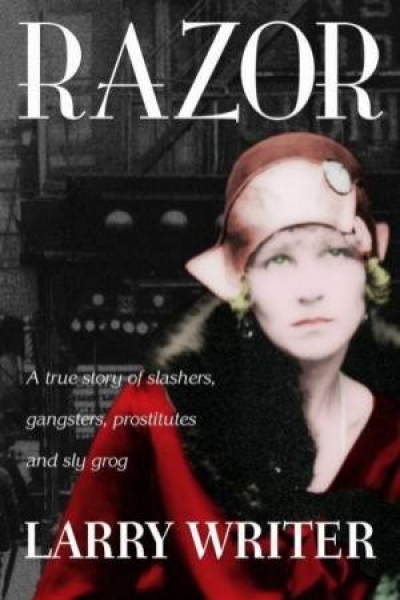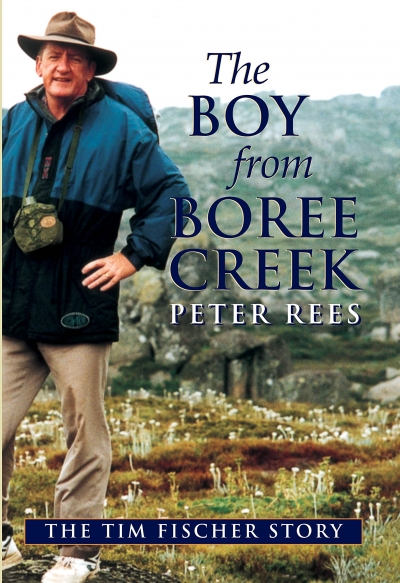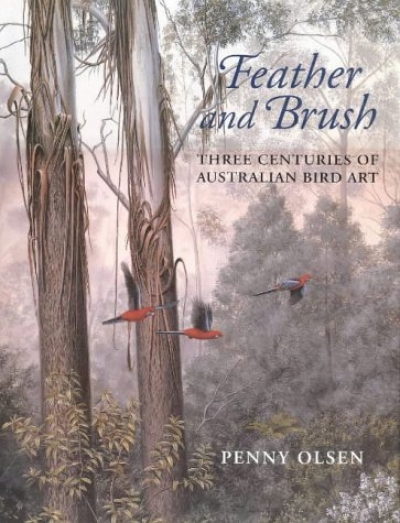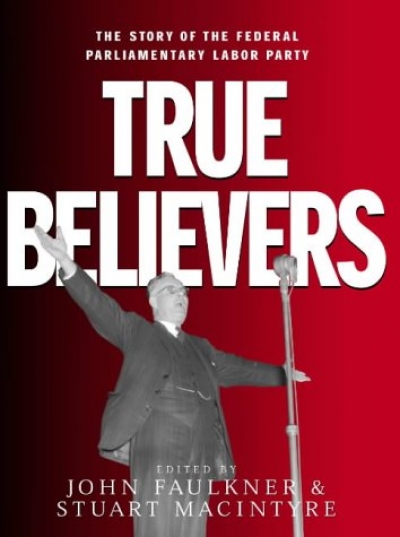Archive
Razor: A true story of slashers, gangsters, prostitutes and sly grog by Larry Writer
Feather and Brush: Three centuries of Australian bird art by Penny Olsen
True Believers: The story of the Federal Parliamentary Labor Party edited by John Faulkner and Stuart Macintyre
Who was it led us to overestimate the New?
The Greatest Living Poet’s recent volumes
are in a stack at your left hand – what do you do
in between getting on with your journalism?
Go back to his earlier and more spritely days
cool along your face, when you decided,
notwithstanding your resistance, as you claimed,
to literary fashion, that this intransigent
dandy got the world into his impure verses
as almost no responsible rival did –
so much so indeed that a jaunty episode
among the Check-Out Sylphs, an Ode to a Torpedo,
or some sort of squirrel-hounded sexual outing
in the Allegheny Mountains seemed, as you read it,
a calm reflection worthy of Matthew Arnold
minus his Rugby gloom and moral nimbus.
As the grand navigator steps back in his boat,
As the last notes march to Heaven on a page,
So the attenuations of our lives
Are charted as polite reverberations,
Ready to be eroicomico indulgences
Or merely subjects in an academic quiz –
For such is memory’s braking, as the grave
Soul of humankind is shown as nought
On star charts, and each immensity
Aspires to be a simple once-born number.
April 16, Ghana. We arrive to the pandemonium that is Accra Airport. It is as if a coup has happened and everyone is fleeing the country. The general dilapidation of the place seems vaguely familiar. Suddenly, I remember a BBC documentary series on airports around the world, which featured Accra. Nick changes US$100 at an exchange rate of 7000 cedis to one greenback. He returns with a huge wad of worn notes stashed in a large brown bag helpfully labelled with large dollar signs for all those milling around, eyeing us sharply, to see. We manage to negotiate our way into town via porters and taxi with 5000 cedi notes peeling off us in the form of tips.
... (read more)






